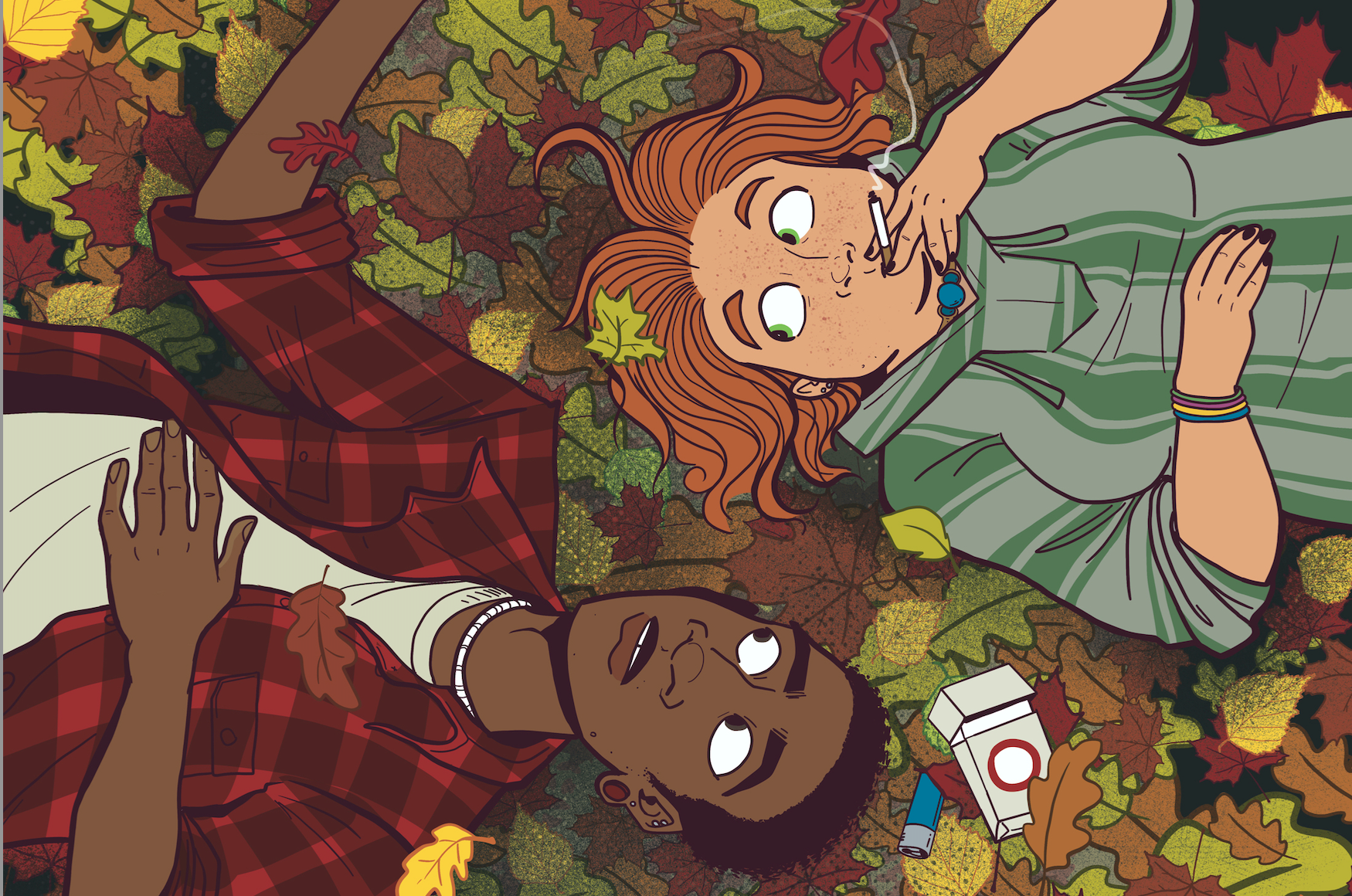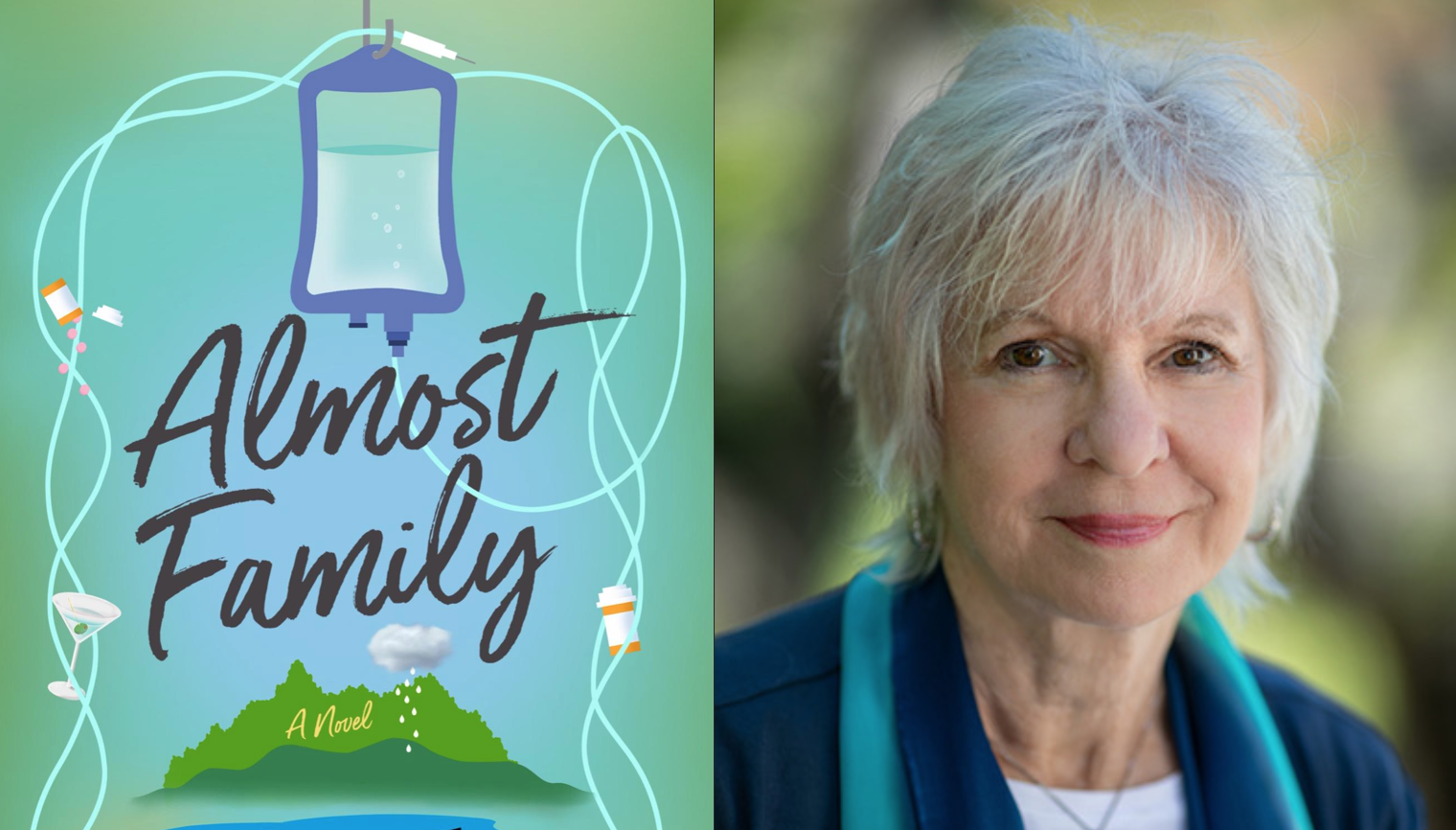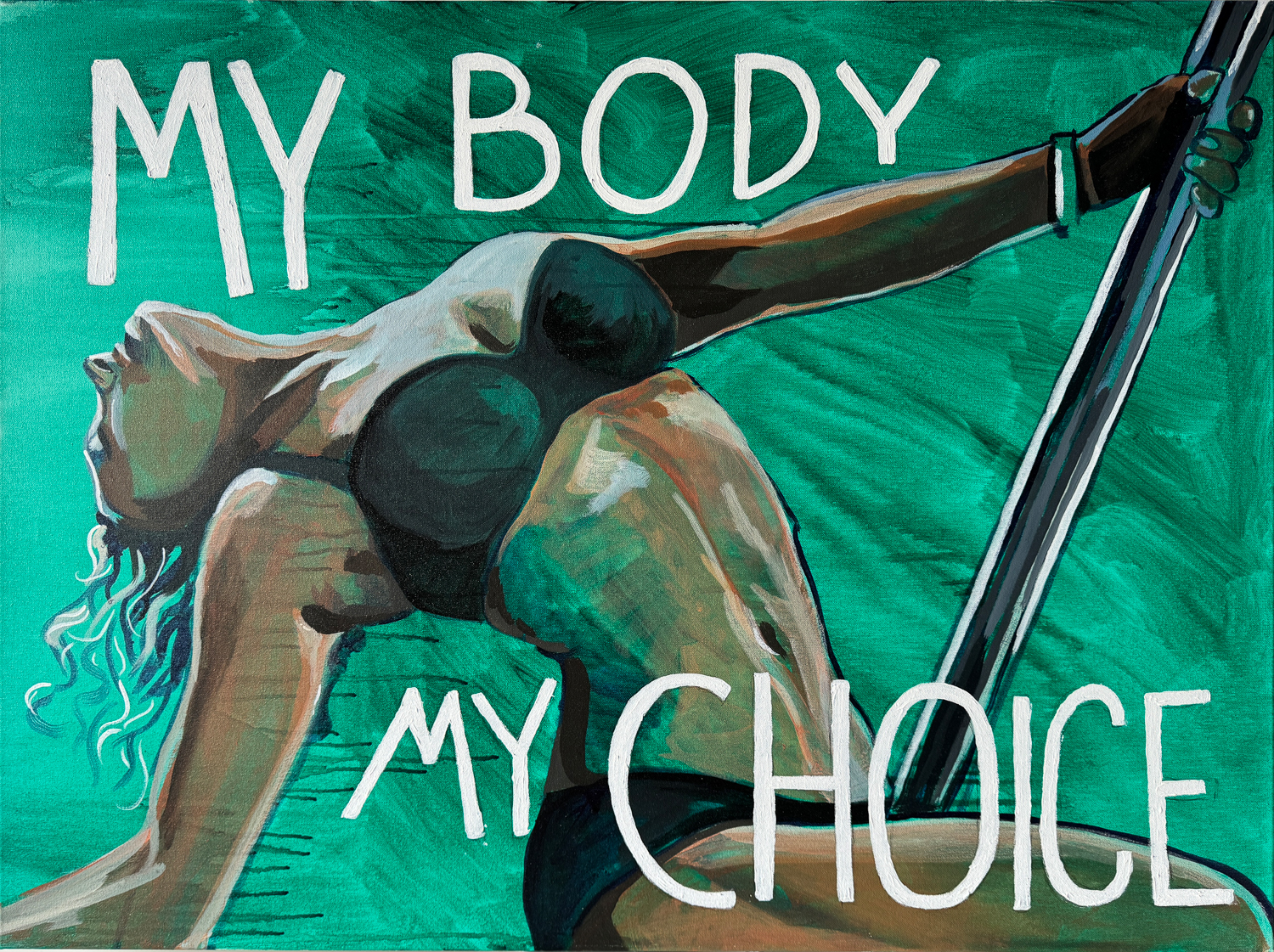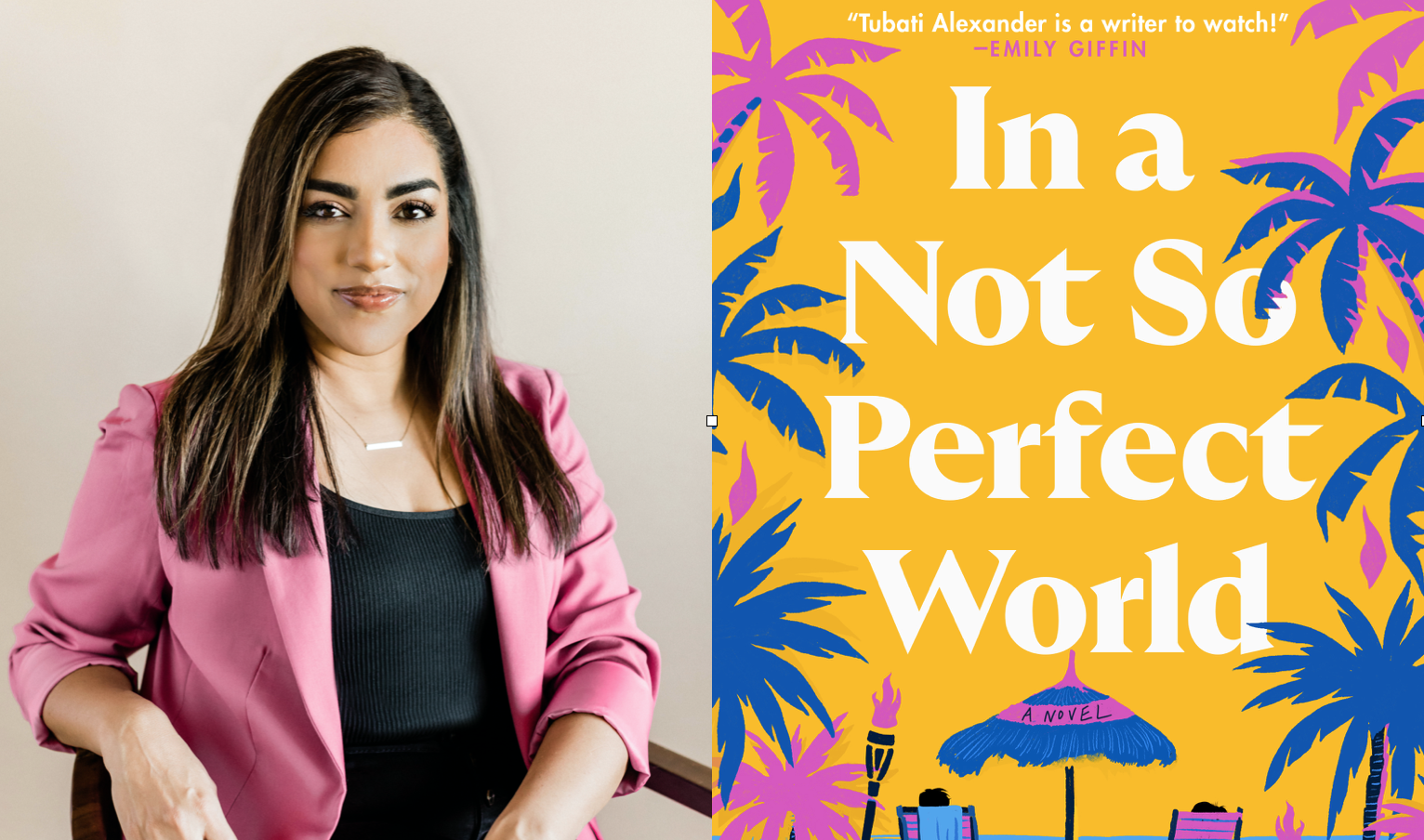
About five years ago, I began noticing my mom forgetting simple memories like the smell of her favorite perfume, past vacation trips, and various passwords to her phone. At first, I was frustrated and thought menopause was kicking in for my 48-year-old soulmate. I recall waiting for her after school for hours thinking, “She just must be busy with work” or “She knows I’m waiting.” Once I would get in the car, she would be on the phone with a client who would be explicitly bickering to my mom about forgetting tasks and fulfilling assignments. I felt her energy being discouraged and I knew in my gut something wasn’t right.
I tried casually bringing it up to my dad, by saying, “Hey… has Mom seemed odd lately?” But while carrying on with our everyday lives, he was blindsided as well. From recollecting simple memories to completing sentences, I painfully watched my mother slip away into a battle with early-onset Alzheimer’s. At 52, my best friend, who understood me the most at 15, started becoming a distant memory.
As time continued, my dad and I tried looking to each other for answers but once realizing we had little to no control over the diagnosis, we were left in a painful place. We knew our worlds were changing and we could only control our feelings towards the unknown. Her world was escalating beyond years and we slowly but surely began to give up the control and allow her diagnosis into our lives. As we accepted care from in-house caretakers, my father and I began to see our sacred unity blur before our eyes. Although still connected and physically present, for the first time ever we were all disconnected.

This cast a dark shadow on ourselves and the world around us. While adjusting to our new reality, the hardest part continued to be her awareness of her own diagnosis. With her constant comments of “Why do I feel so stupid?,” “I’m sorry you have to do this for me,” and “I wish I was different,” my dad and I saw my mom question her identity for the first time. Her self-awareness struck me, and I began to investigate the idea of her living with her own deterioration.
For a while, guilt shadowed over my life and took over the ways I operated. I knew I needed to be home to care for her. I knew I owed it to her to guide her through this dark journey. I knew the situation wasn’t going away. And above all, I knew I had to face the issue. With everything shattered and lost, I began to question every aspect of my life without my parents by my side.
With all of us alone and separated, my dad and I began to experience a rare type of grief, one where she remains cognizant of who we are but beyond that, blurred memories. With such emptiness, such honesty, and a powerful darkness that had taken over our lives, I knew in my heart I had to express this narrative through a creative outlet.
For my project, I began crafting a diaristic body of images that exist to showcase my relationship with my mother and how her current atmosphere has shaped the way I identify today. With an array of images of my mother and I together, her treasured antique belongings, and the atmospheres that have been affected by her transformation, I have created a visual narrative of the crippling journey focused on visible grief. With a shared collaboration between myself and my parents, I have mimicked our past family traditions and translated them into new memories.

While referencing my comfort in creating vibrant commercial work, for the first time I have created images to heal my own feelings, express my inner demons, and articulate the concept of vanished echoes in my personal life. Although terrified and broken, I have produced an honest window into the world of letting go and the power behind lost time.
While coming to a close and finalizing my project these past few months, I truly have found solutions to unsolved answers in my life through this art making process. When starting this process, I promised and continued to remind myself that creating this body of work wasn’t going to change the situation at hand but rather alter the ways I am able to communicate and vocalize my own feelings to the outside world. From working collaboratively with my parents to create a body of work to document and represent the effects of my mother’s battle with early-onset Alzheimer’s, I was able to accept a clear understanding into the world of coping with shadows and how shattered lenses can still capture images.
Although broken in the beginning process of creating this body of work, I have expanded the ways I photograph and have risen above my darkest demons to create an honest window into the dark world of grief. With a completed book and a visual narrative of this ongoing story, I hope to give audiences an inside look into ways one can find comfort within lost time.

Sam Klegerman is a non-binary photographer based in Los Angeles and New York who started their professional career at the age of 13. Sam focuses on digital creative content for online and print campaigns along with physical brand activations. Sam has worked for Playboy, Sam Edelman, BOOHOO, MAXIM MEXICO, Marie Claire Magazine, and many more. With a focus in vibrant pop imagery, Sam has applied these skills to their personal narrative and has begun crafting fine art imagery through a queer lens. Sam is currently accepting photo and creative inquiries worldwide.
Connect with Sam Klegerman on Social Media:
Instagram | Facebook
Follow Yes No Thank You Goodbye’s Instagram here.
For More Information, Visit http://www.samklegerman.com
















